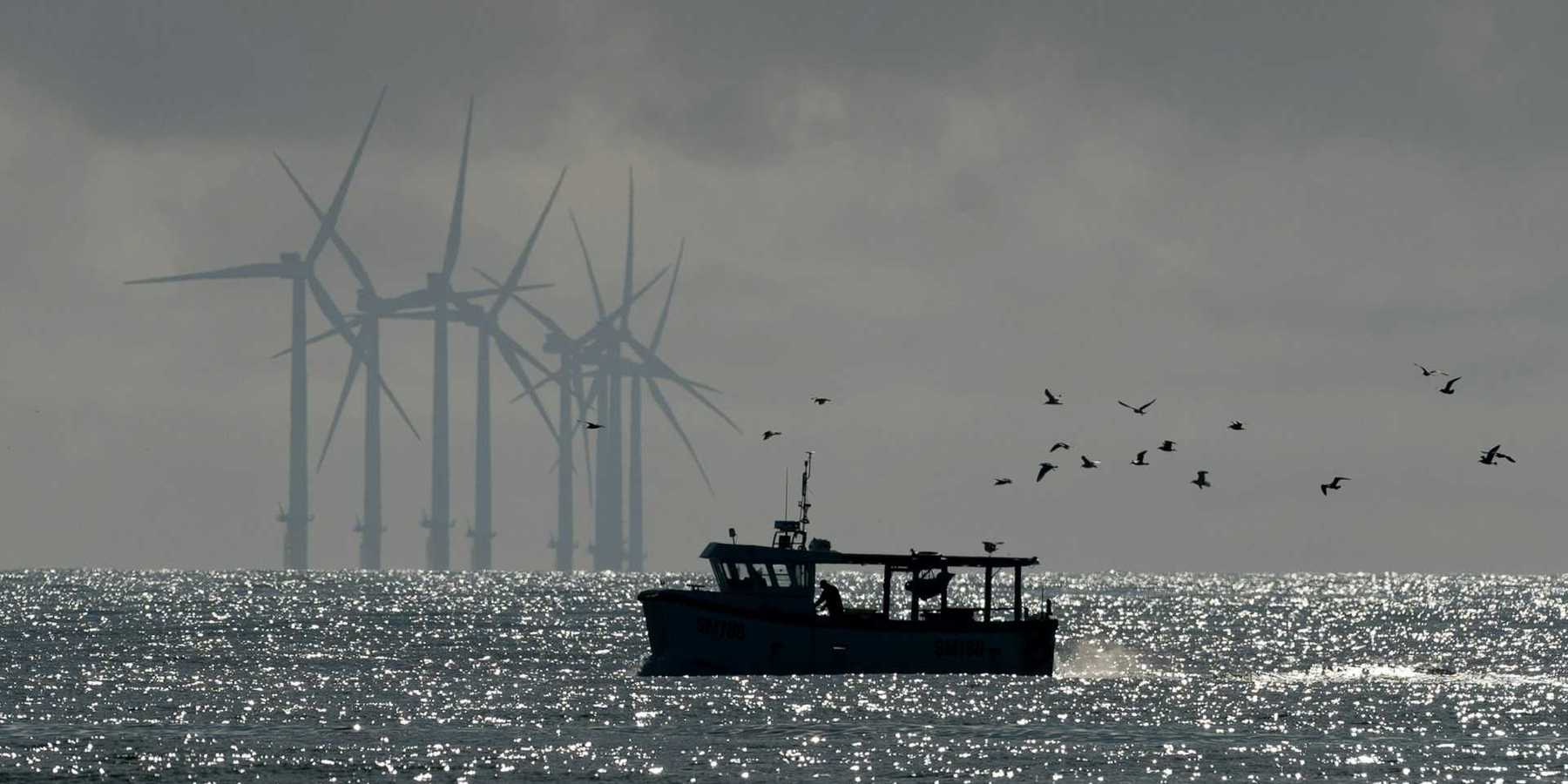Bolivia’s fight to escape corporate arbitration sets a global precedent
Bolivia’s decades-long battle to leave a secretive legal system that lets corporations sue governments has inspired a global reckoning over investor-state dispute settlements (ISDS) and their impact on sovereignty, justice and climate action.
Katie Surma and Nicholas Kusnetz report for Inside Climate News.
In short:
- Bolivia was the first country to withdraw from ISDS, citing its harmful impact on sovereignty, environmental policies and national resources.
- The system, designed to protect foreign investors, has been criticized for undermining national courts and enabling corporate overreach, especially in developing nations.
- ISDS remains entrenched in global treaties, complicating efforts by nations like Bolivia to fully sever ties with this system.
Key quote:
“ISDS is highly problematic, to put it mildly. An investor telling a government, ‘We will bring an arbitration case if you try to protect a local community or give them access to water or limit our mining operations,’ that is crippling.”
— Surya Deva, United Nations special rapporteur
Why this matters:
Designed to protect foreign investors, ISDS operates like an invisible courtroom where corporations can sue governments, often behind closed doors, for policies they claim harm their profits. It’s been baked into international treaties for decades, quietly eroding national sovereignty.
Related: Tapping into the power of community to make informal settlements healthier.













